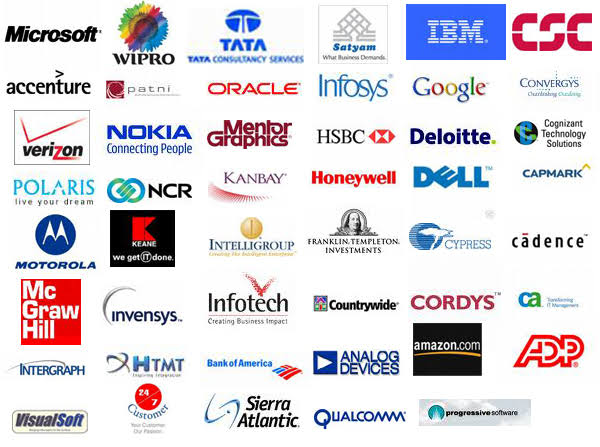The era of remote work, which gained prominence during the COVID-19 pandemic, appears to be coming to an end as many tech companies and IT firms are now making it mandatory for employees to return to the office. This shift is motivated by the idea that being physically present in the office environment promotes greater teamwork and togetherness within the workforce. Notably, Infosys mandates three days of in-office work, while Tata Consultancy Services (TCS) enforces a full-time office presence.
Wipro has taken a more flexible approach, encouraging employees to choose three days a week to work from the office. HCL Tech has also adopted a thrice-a-week office work policy. Sonata Software has initiated a phase return to the office, starting with mid-managers, senior managers, and leadership returning twice a week and eventually extending this approach to the rest of their workforce.
While hybrid work models have been discussed, the shift towards mandatory office work raises questions about the future of remote work. Anjali Raghuvanshi, Chief People Officer at Randstad India, notes that the concept of 100% remote jobs is diminishing, with the Indian workforce increasingly favoring a blend of in-office and remote work. According to a survey, many employees are open to a four-day workweek in exchange for more office presence or longer work days for extra days off.
However, the long-term sustainability of the work-from-office model may depend on various factors, including the job market’s talent-friendliness. Employees may seek more flexible work arrangements when the job market becomes more favorable. Human resources professionals stress that working from the office strengthens enhanced learning and development opportunities, benefiting employees in the IT services sectors.
While top IT executives advocate for returning to the office, the debate over remote work continues, with a noticeable decrease from its pandemic peak. Companies are actively encouraging employees to come back to the office. Joseph Anantharaju of Happiest Minds Technologies promotes nurturing young professionals and calls for companies to provide support in adapting to evolving work arrangements. Concerns arise over long workweeks, especially for caregivers and those with diverse responsibilities. A 70-hour workweek, as suggested by some, may lead to reduced productivity and dissatisfaction among employees, especially women who often juggle multiple roles.
As the debate over remote work continues, companies are re-evaluating their work arrangements, taking into account the needs and preferences of their employees, and considering the potential impact on productivity and well-being. The future of work appears to be in a state of transition, as companies seek to strike a balance between in-office and remote work.

